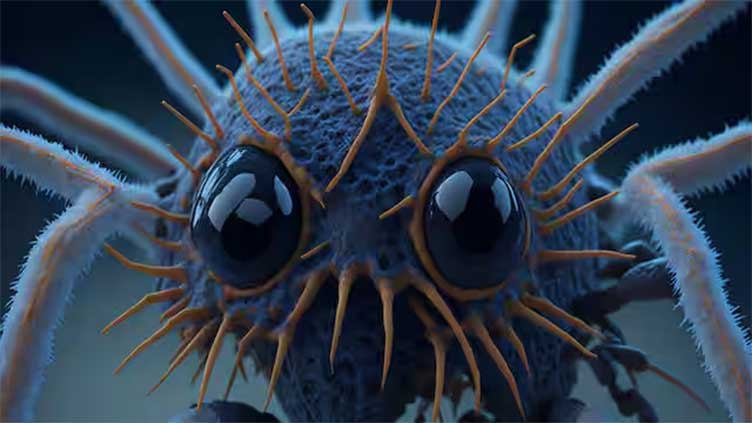These animals first emerged on Earth 1.5 billion years ago

WeirdNews
Scientists stumbled upon the mould-like unicellular organism
(Web Desk) - Scientists have now found new fossil records which tell us something about the animal kingdom and its existence on Earth which remained hidden for 2.1 billion years.
In the new study of fossils, scientists stumbled upon the mould-like unicellular organism, who were identified to be all complex life's common ancestor on Earth and is likely to have existed a billion years ago than what was earlier estimated.
Till now, it was believed that animals first came into existence on Earth around 1.5 billion years ago.
However, a team of scientists from Cardiff University found that the evidence of the ecosystem had been present in the Franceville Basin near Gabon on the Atlantic coast of Central Africa more than 1.5 billion years earlier.
The study, which was presented in Precambrian Research, spoke about a volcanic activity which is likely to have happened underwater after the collision of two continents and led to the creation of a nutrient-rich 'laboratory' which became the base for the earliest experiments that led to complex biological evolution.
The paper, which was titled "Hydrothermal seawater eutrophication triggered local macrobiological experimentation in the 2100 Ma Paleoproterozoic Francevillian sub-basin."
The microbial bacteria without a nucleus were identified to have existed 3.7 billion years ago which challenged the theory that animal organisms started existing 635 million years ago.
Speaking to BBC News, Cardiff University’s professor Ernest Chi said, “We’re saying, look, there’s fossils here, there’s oxygen, it’s stimulated the appearance of the first complex living organisms.”
“We see the same process as in the Cambrian period, 635 million years ago — it helps back that up. It helps us understand ultimately where we have all come from,” he added.
"The availability of phosphorus in the environment is thought to be a key component in the evolution of life on Earth, especially in the transition from simple single-cell organisms to complex organisms like animals and plants," he further said.
"We already know that increases in marine phosphorus and seawater oxygen concentrations are linked to an episode of biological evolution around 635 million years ago. Our study adds another, much earlier episode into the record, 2.1 billion years ago," Chi said.


